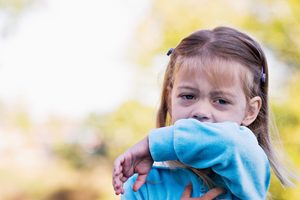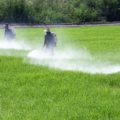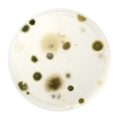
If your child recovers from a severe allergic reaction, known as anaphylaxis, there is still a good chance he or she will have a second episode within hours of the first. A group of researchers recently found that 15 percent of children who suffered from anaphylaxis, and thus went to an emergency room, had a second allergic reaction a short time later.
So, what is anaphylaxis? According to the World Allergy Organization (WAO), it is "an acute, life-threatening hypersensitive reaction, involving the whole body, which is usually brought on by something eaten or injected." While many times this type of reaction involves consuming food or being stung by an insect, it can sometimes happen to children who are allergic to pollen or other allergens.
"The study found that delayed reactions were more likely to happen if the initial allergic reaction in children was severe, and if it was not treated with epinephrine," said Dr. Waleed Alqurashi, the study's lead author
The second reaction can occur with or without being exposed a second time to the same allergen. It's considered a medical emergency that must be treated immediately. Some symptoms can include swelling or itchy and watery eyes, increased heart rate, abdominal cramps, nausea, vomiting, difficulty breathing and, according to WAO, "a sense of impending doom." The latter symptom likely indicates that sufferers basically fear the worst.
Researchers also discovered that children who did not receive epinephrine right away were more at risk to anaphylactic shock. "Epinephrine is the single most important treatment for anaphylaxis," Dr. Waleed Alquarashi said.
If your child has severe reactions to allergies, you must take measures to reduce the chance he or she is exposed to allergens. For allergy tips and control products, head over to Allergy Be Gone.









